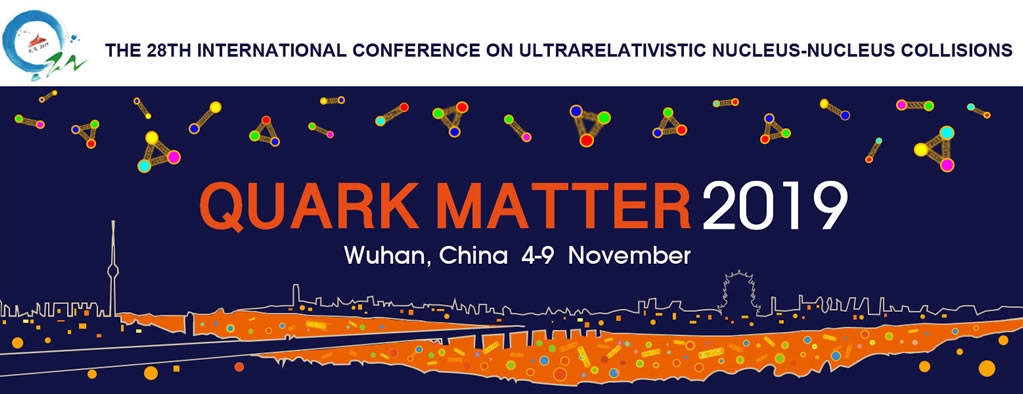Speaker
Description
Pythia8 is the only general purpose event generator able to produce
fully exclusive hadronic final states in collisions involving heavy
ions. This is done by carefully stacking individual parton-level
nucleon-nucleon collisions together according to the so-called
Angantyr model. The sub-events are produced using the full Pythia8
machinery with initial and final state parton showers and multi-parton
interactions, and the combined heavy-ion event is hadronised with the
Lund String Fragmentation model to give a detailed picture of the
hadronic final state.
The Angantyr model, which will be described in this talk, includes an
advanced Glauber model where fluctuations in the nucleon wave function
are taken into account to characterise the nature of each individual
nucleon-nucleon collision. This information is then used to steer the
generation of the corresponding sub-event.
The model successfully describes general features, such as
multiplicity and rapidity distributions, in both AA and pA events at
the LHC and elsewhere. Together with the excellent overall description
of pp data provided by Pythia8 itself, this gives a perfect platform
for studying the the transition from small to large systems.
Currently there are, however, no collective effects included for
heavy-ion collisions in Pythia8, and the program is mainly used as a
baseline for investigating eg. non-flow effects on observables
sensitive to collective effects. However, it can also be used as a
framework for implementing and testing microscopic models of
collective behaviour. In this talk we will present preliminary results
for a few such models, based on extending the Lund Model to include
interactions between strings.




